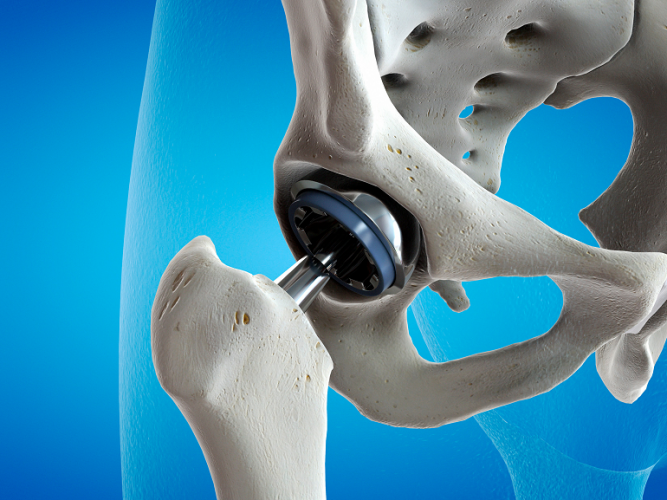AMA Submission to Options for Reforms and Improvements to the Prostheses List

The AMA has called for extensive reform of the list that sets out which medical devices health funds must pay benefits for, and how much they must pay, as part of its campaign for changes to guarantee the sustainability of the private health insurance system in Australia.
The Department of Health is considering changes to the Prostheses List, which covers products like pacemakers, and joint replacement devices for hips, knees and shoulders.
In its submission to the Department, the AMA supports the proposal to consolidate and redesign the List with extensive changes to pre- and post-listing assessment and benefit setting processes.
"We understand that this option still requires extensive work in consultation with the whole industry to achieve the best possible outcomes for patients and the sector," AMA President, Dr Omar Khorshid, said today.
"The Prostheses List ensures that patients have access to a wide range of medical devices, and doctors can recommend the right one for their patient's clinical needs.
"However, it is now widely acknowledged that the cost of these medical devices is too high in Australia, compared to other countries, which is contributing to the rising costs of private health insurance premiums.
"We have seen limited reforms to the List in recent years, but these do not appear to have delivered the level of savings that was expected.
"There is now an urgent need to go further and ensure that the List is fit for purpose."
The AMA is calling for the introduction of reference pricing for items on the List, using the prices paid by Australian public hospitals as a guide, and allowing for particular features of the nation's private sector, including the extra support offered by medical device companies.
The AMA has also called for changes to the listing process to improve the evidence supporting prostheses use, which will further improve outcomes for patients.
"This would represent the most significant overhaul of the Prostheses List since it was established in 2007, so its implementation will take years, not months," Dr Khorshid, an orthopaedic surgeon, said.
The AMA has rejected the proposal to introduce a Diagnosis-related Groups (DRG) bundled funding model that has been pursued by private health insurers.
"My discussions with Health Minister Greg Hunt on the case for reference pricing, not bundled funding, have been very productive," Dr Khorshid said.
"The DRG model would improve the bottom line for health funds but is fraught with danger for patients.
"It would mean reduced choice of prostheses, increased out-of-pocket expenses for patients, and increased likelihood of poorer health outcomes.
"Reforms to the List must ensure that doctors can choose the best prosthetic for their individual patient's needs, and that patients do not face out-of-pocket costs for a prosthetic item."
The AMA last year released its Prescription for Private Health Insurance, calling for a range of reforms including an increase to the age of dependants covered by family policies, and a review of Lifetime Health Cover and Medicare Levy Surcharge settings.
"While some progress has been made and the Government is moving forward on some of these, there is much more work to be done to secure the future of private health insurance," Dr Khorshid said.
The AMA submission is available here.






